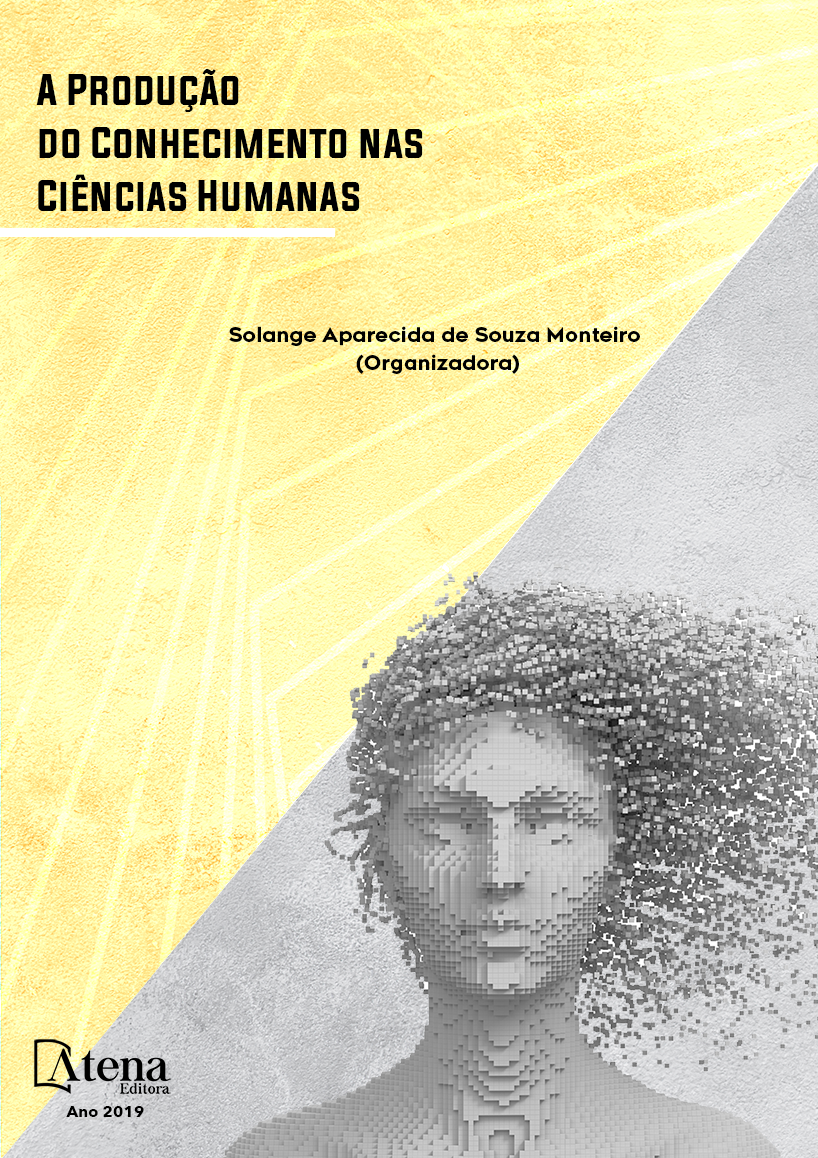
“OS DOIS LADOS DO ESPELHO – OS PROTESTOS DE JUNHO DE 2013 E A CONSTRUÇÃO DO DISCURSO DE PODER”
O artigo aborda a relação de
dominação e controle, exercida pelo Estado,
no contexto histórico dos protestos de junho
de 2013, a partir da concepção de construção
discursiva em ocorre a criação de uma imagem
que instaura uma representação estereotipada
discriminatória da ação coletiva e do sujeito
manifestante. A pesquisa “Os dois lados do
espelho” que está em andamento junto ao
Programa de Pós-Graduação em Antropologia
Social da Faculdade de Ciências Sociais da
Universidade Federal de Goiás versa sobre
as relações de poder que se estabeleceram
no contexto dos protestos de junho de 2013
e as práticas de repressão que ocorreram
nas maiores manifestações públicas que
aconteceram no Brasil no século XXI. Durante
os protestos de junho, a construção discursiva
oficial e da mídia, aliada à violência física nas
ruas, intelectual e psicológica, foi utilizada
como estratégia de controle, como forma de
deslegitimar as manifestações públicas, por
meio da criminalização da ação coletiva e dos
manifestante e como mecanismo de exclusão e
controle social.
“OS DOIS LADOS DO ESPELHO – OS PROTESTOS DE JUNHO DE 2013 E A CONSTRUÇÃO DO DISCURSO DE PODER”
-
DOI: 10.22533/at.ed.7601924042
-
Palavras-chave: Protestos de junho de 2013; Congresso Nacional; Discurso;Criminalização da ação coletiva
-
Keywords: Protests from June 2013; National Congress; Discourse; Criminalization of collective action
-
Abstract:
The article discusses the
relationship of domination and control, exercised
by the State, in the historical context of the
protests of June 2013, from the conception of
discursive construction in occurs the creation
of an image that establishes a stereotyped
discriminatory representation of collective action
and subject protester. The research “Two sides
of the mirror” that is underway with the Graduate
Program in Social Anthropology of the Faculty
of Social Sciences of the Federal University of
Goiás deals with the power relations that were
established in the context of the protests of
June 2013 and the practices of repression that
occurred in the largest public demonstrations that
happened in Brazil in the 21st century. During
the June protests, official and media discursive
construction, combined with physical violence
on the streets, intellectual and psychological,
was used as a control strategy, as a way of
delegitimizing public demonstrations, through
the criminalization of collective action and the
protester and as a mechanism of social control
and exclusion.
-
Número de páginas: 15
- CLAUDIA PEIXOTO CABRAL


